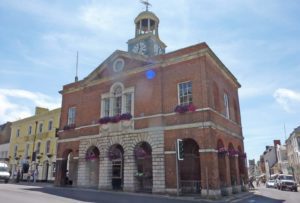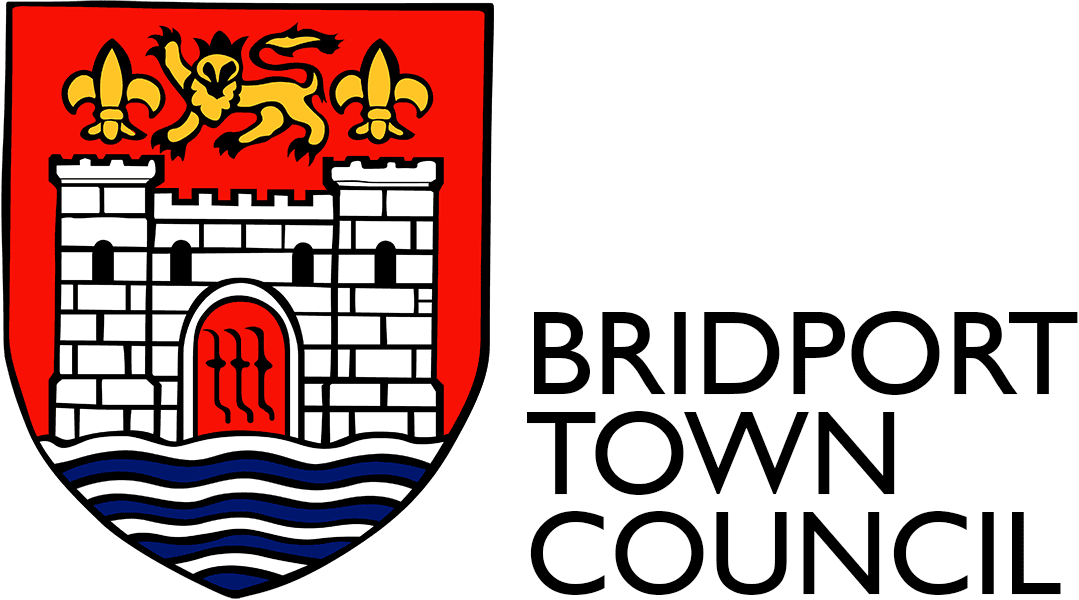 Town Councils are statutory bodies (which means they are set up and controlled by law) and are local authorities in their own right. They are the most local level of government and can represent the concerns and aspirations of a genuine local community. Unlike the larger principal councils (unitary, county, district, or borough), town councils don’t have many specific legal duties. Instead they focus on the needs of the local community, often filling ‘gaps’ in service provision that aren’t met by other bodies.
Town Councils are statutory bodies (which means they are set up and controlled by law) and are local authorities in their own right. They are the most local level of government and can represent the concerns and aspirations of a genuine local community. Unlike the larger principal councils (unitary, county, district, or borough), town councils don’t have many specific legal duties. Instead they focus on the needs of the local community, often filling ‘gaps’ in service provision that aren’t met by other bodies.
In a town council the Chairman takes on the role of Mayor – a figurehead for the town and a focus for civic pride.
Bridport Town Council covers quite a large population (about 13,500 from April 2024) and provides a wide range of services.
The range of powers of the council continues to change and grow. Bridport Town Council has adopted the ‘General Power of Competence’, which enables it to do anything provided there isn’t a law that prohibits it. This means we get involved in a wide variety of activities, like:
- a host of local public services, including community events, Bridport’s markets, parks and open spaces, highway verge maintenance, tourism (including Bridport Tourist Information Centre), Licensing, and a community bus service.
- management of land and buildings, and providing community buildings and spaces for public use/hire.
- community projects like solar car ports, the Bridport Sculpture Trail, ‘Changing Places’ Toilets, and public WiFi.
- strategic plans for Bridport, such as the Climate Emergency Action Plan, Neighbourhood Plan, Bridport Investment Plan, the Access & Movement Study, and the Streetscape & Heritage Study.
- provision of grants to local organisations.
Did you know that your parish/town councillors are responsible for, take an active part in, or are consulted on nearly everything happening in your local area that affects you and your family?
Town councils are funded through the Council Tax, although additional income can be raised through the services they provide or through delegation of funding from other bodies. In Bridport, the council raises about 40% of its income from sources other than the Council Tax.
Town councils’ activities are strictly controlled to make sure they don’t break the law and are accountable to their communities. Their governance and finances are independently audited every year. Councillors must adhere to a Code of Conduct and complete a Register of Interests. Their meetings are open to the public. This means that they are fully accountable to the public and assures the community that decisions are always taken in the public interest.
